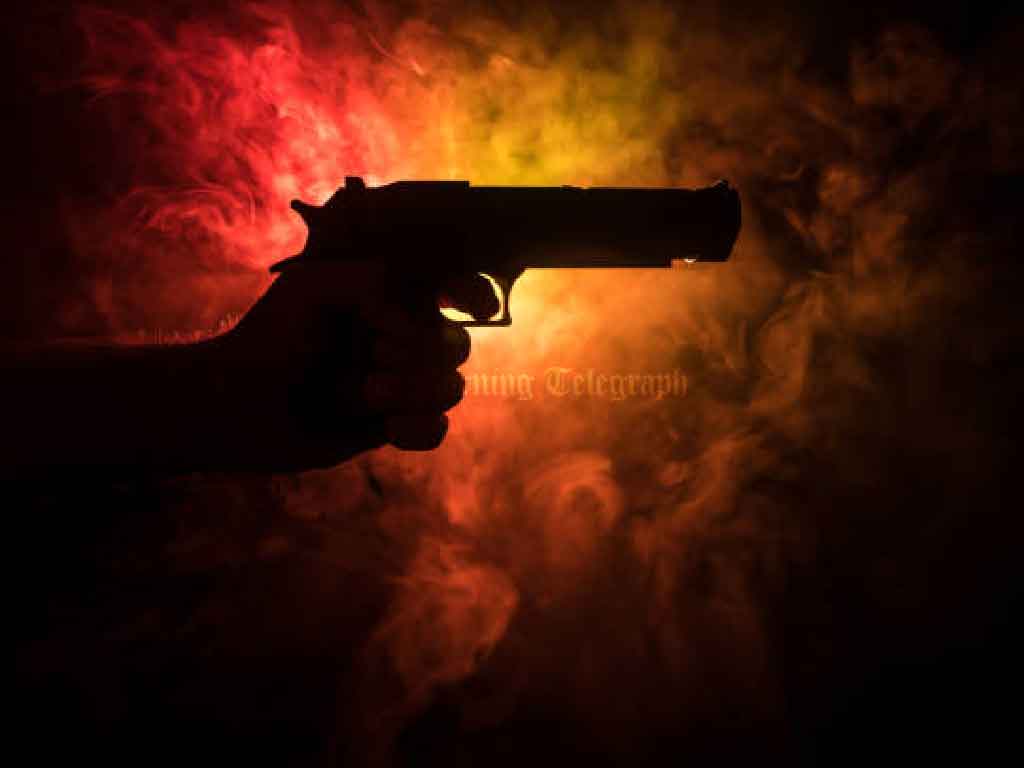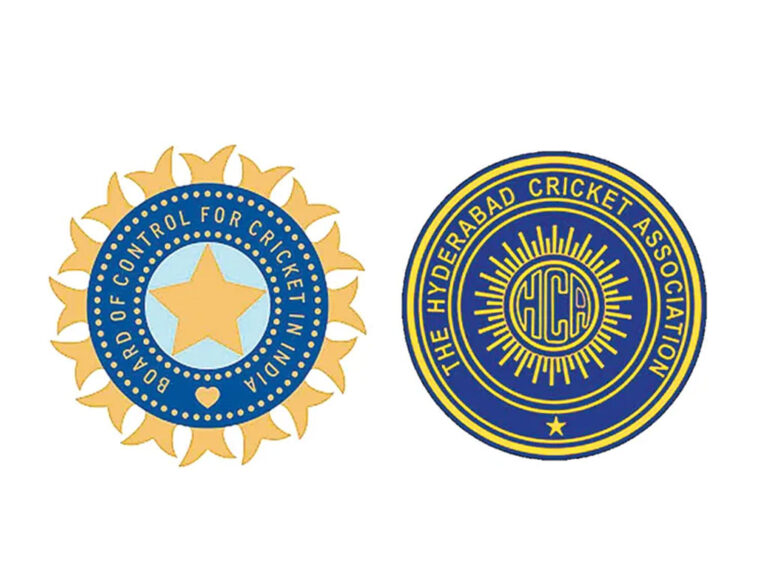
In 2024, Sri Lanka witnessed 103 shooting incidents, resulting in 61 fatalities and 47 injuries, according to police reports. These incidents largely stemmed from organized crime activities, particularly those related to drug trafficking. Of the shootings reported, 56 were linked to criminal gangs, accounting for 45 deaths, while the remaining 47 incidents, resulting in 16 fatalities, arose from personal disputes and other motives. The police have identified organized crime as a dominant factor, reflecting the continuing influence of drug networks and underworld conflicts across the country.
The final reported shooting of the year occurred on December 28 in Liyanagemulla, Seeduwa, where gunmen targeted a family home, killing one son and injuring the father and another son. The suspects fled in a car that was later found abandoned and partially burned in Katunayake. Such incidents underscore the brazenness of these crimes, often executed with meticulous planning.
One of the most notable incidents occurred on January 22 near the Beliatta exit of the Southern Expressway, where five people were killed, including Saman Perera, leader of the Ape Janabalaya Party. Another high-profile case involved the assassination of a monk at a temple in Hiripitiya, Malwathu, Gampaha. In July, businessman and nightclub owner Surendra Wasantha Perera, popularly known as “Club Wasantha,” was shot dead along with two others during a beauty salon opening in Athurugiriya. This incident also left four others injured, including well-known singer K. Sujeewa.
The police have made significant strides in addressing these crimes, arresting over 50 suspects connected to the shootings. Investigations have been bolstered by CCTV footage, which has helped trace suspect movements and recover weapons. In 2024, authorities seized 20 T-56 assault rifles, including three in the last quarter of the year. Despite these efforts, the influence of organized crime remains a pressing concern. Many drug lords operate from abroad, orchestrating killings and enforcing their will through hired operatives. Corruption within the prison system has further exacerbated the issue, with some criminals continuing their activities while incarcerated.
The government has taken steps to tackle this crisis. President Anura Kumara Dissanayake, in a meeting with senior officials from Public Security, Justice, and Prisons Departments, emphasized the urgency of addressing drug trafficking and underworld operations. The President directed authorities to intensify their crackdown on criminal activities and ensure accountability within the prison system. Reports of officials involved in irregularities have prompted the government to pledge disciplinary and legal action against those implicated.
In an effort to reduce the circulation of illegal firearms, the Ministry of Defence declared a general amnesty for the surrender of unauthorized weapons, including pistols, revolvers, and shotguns. However, assault rifles often used in gang-related killings were notably absent from those handed over. Additionally, the Ministry temporarily recalled licensed firearms issued to politicians and government officials, with the deadline for submission extended to January 20, 2025. Approximately 1,650 firearms fall under this initiative.
Despite these measures, tackling organized crime remains a daunting task. SSP K.B. Manathunga stressed that addressing the issue requires a multifaceted approach, including the reform of the legal system to reduce backlogs and enhanced cooperation with regional partners to dismantle drug networks. The year 2024 saw a reduction in shootings compared to 2023, when 120 incidents resulted in 54 deaths and 65 injuries. However, the persistence of organized crime underscores the need for sustained and coordinated efforts to restore public safety and bring lasting peace to communities affected by violence.




